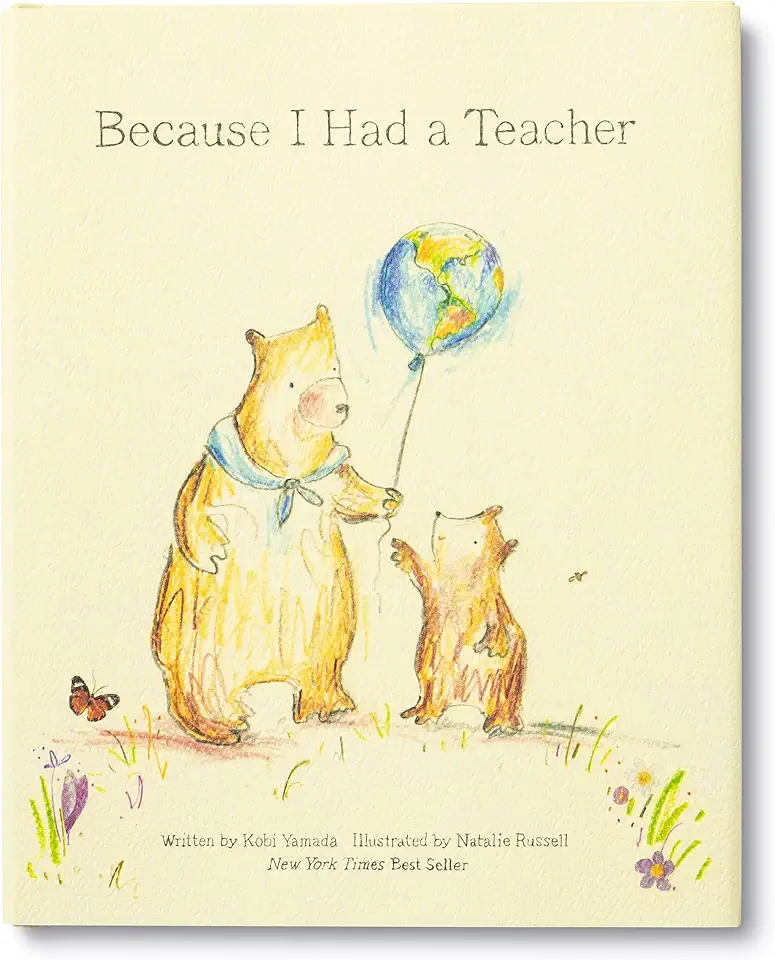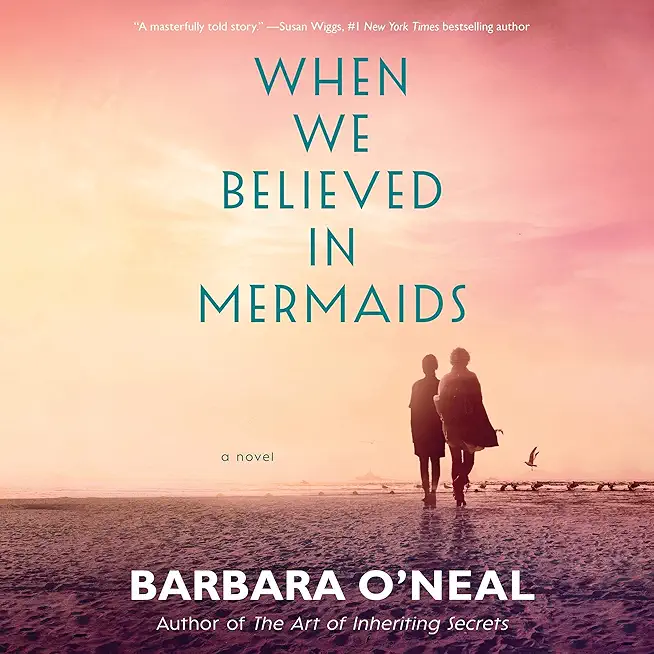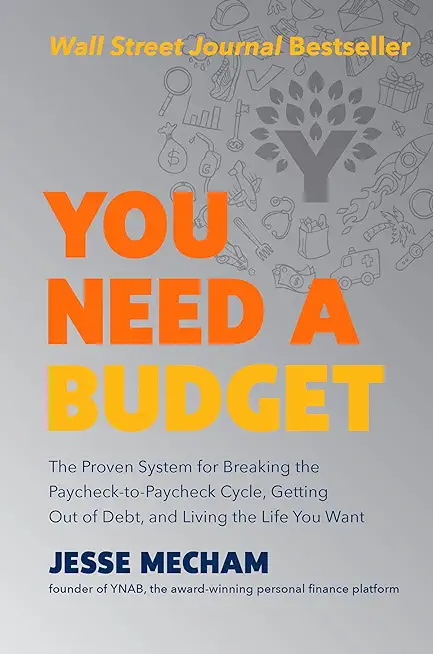
Why Relationships Matter More Than You Think
Alright, let’s cut to the chase—relationships aren’t just some fluffy feel-good topic your grandma cares about. They’re legit crucial for your happiness and even your health. You want proof?
Married folks tend to report higher happiness levels than their single counterparts, across the board. And get this, social isolation is as bad for you as smoking a pack of cigarettes every day. That’s insane, right?
So yeah, whether you’re married, dating, or just trying to keep your friendships solid, what’s going on in your relationships is a big deal. But here’s the kicker—good relationships don’t happen by accident. They take work, and more importantly, they take some know-how. After diving deep into seven books and a solid research paper on connection (yeah, I nerded out hard here), I’ve boiled down some practical truths about how to actually get better at relationships.
What Actually Works in Relationships
First off, people tend to think it’s all about chemistry or luck. Well, partly. Turns out your personality plays a role—a lot of it’s baked in by your genes. People who are agreeable, conscientious, and not neurotic tend to have smoother relationships. But genetics aside, there’s a ton you can control. Here’s what the research says: – Keep it positive. John Gottman, the marriage guru who’s basically a relationship scientist, found that successful couples have a positivity-to – negativity ratio of at least 5 to
1. That means for every negative comment, there should be five positive ones. Makes sense if you think about it—no one wants to be around a Debbie Downer all day. – Chill on the anger. Forget that “letting off steam” thing—it’s a myth. Expressing anger just feeds it. Better to cool off, collect your thoughts, then engage. Nobody wins when you’re yelling first and thinking later. – Don’t dodge conflict. Avoiding fights might sound like a good idea, but conflicts happen in every relationship. The magic trick is how you handle them. Couples who talk things out respectfully or even passionately but make up stronger tend to last longer than the ones who either stonewall or throw verbal grenades. – Ditch the four horsemen. That’s Gottman-speak for criticism, defensiveness, contempt, and stonewalling. These behaviors are like relationship poison, chipping away at trust and connection. So if you’re wondering why your last relationship blew up, maybe take a look at how much positivity was in the mix, how you fought, and whether you were throwing any of those horsemen around.
Listening and Talking — The Real Deal
You know what’s crazy?
We live in a world that worships talkers—people with quick wit, sharp comebacks, loud opinions. But listening?
Not so much. Kate Murphy’s book, “You’re Not Listening, ” nails this. We don’t need special skills to listen better; we already know how. The problem is, we’re just not motivated to truly hear what people are saying because we’re busy thinking about ourselves. And that’s a big problem in the digital age. Sherry Turkle’s “Reclaiming Conversation” paints a bleak but honest picture: technology, for all its perks, has made us worse at real talk. Teens are scared to pick up the phone, families sneak phones to dinner despite “no phone” zones, and AI chatbots are replacing human connection. Sure, video calls are a win for long-distance, but overall, our tech habits have wrecked some basic social skills. Here’s the thing—if you want better relationships, you have to get real about how you communicate. That means actually listening, not just waiting for your turn to speak or scrolling your phone under the table.

Sex and Intimacy: More Than Just Talking
Now, let’s not skirt around the bedroom. Esther Perel’s “Mating in Captivity” digs into this tricky territory—can sex stay hot after years together?
Spoiler: maybe, but it’s complicated. Her clients often have great relationships but lousy sex lives. The common advice that better communication will fix everything?
Not quite. Perel argues that intimacy alone doesn’t cut it; you also need psychic separateness—the space to be your own person, to have mystery and independence. It’s a balancing act, and sometimes that means tough choices, like consensual non-monogamy or other unconventional setups. If you’re thinking that sounds wild, you’re not alone. But it’s worth reflecting on whether losing yourself in a relationship might be killing your passion.





Talk Without the Drama
Marshall Rosenberg’s “Nonviolent Communication” is a game changer. Most of us talk like we’re throwing verbal punches without realizing it. His method teaches you to express feelings without blaming someone else. Instead of, “You’re always late and it annoys me, ” try, “I feel anxious when you’re late because I expected you earlier.”
This subtle shift cuts down defensiveness and gets people on your side instead of on the attack. I was skeptical at first—come on, how much can changing words really do?
But examples from the book show it really helps de-escalate fights and build empathy.
What the Data Actually Says About Marriage
Here’s a reality check from economist Sam Peltzman’s research on marital happiness. Married people are, on average, way happier than singles. Even a married couple in the poorest 10% of income brackets reports more happiness than a single person making over $200, 000 a year. That’s wild. But here’s the catch—marriage itself might not cause happiness. It could be the other way around: happier people are more likely to get and stay married. Plus, that honeymoon happiness bump fades after a couple of years, so don’t expect magic. Still, the data demolish the common notion that marriage is a misery trap. Those who partner up tend to be better off emotionally and socially.
Putting All
Putting It All Together: Your 21-Day Game Plan. Look, you don’t have to read a dozen relationship books to get this stuff. But if you want to actually improve your connections starting today, here’s a realistic playbook to work through over the next three weeks:
1. Day 1-3: Listen Like You Mean It
Stop planning your reply while someone’s talking. Focus on understanding their point completely. Try summarizing what they said before you jump in. 2. Day 4-6: Count Your Positives
Make a conscious effort to say five positive things for every negative. Notice how this shifts your vibe. 3. Day 7-9: Cool Your Jets
Practice pausing before responding when you feel angry or triggered. Take a breath, count to ten, or even step away briefly. 4. Day 10-12: Manage Conflict Like a Pro
When a disagreement pops up, try to identify what’s really bothering you and express it without blame. Listen for your partner’s feelings too. 5. Day 13-15: Drop the Horsemen
Watch out for criticism, defensiveness, contempt, and stonewalling. Replace them with curiosity and openness. If you catch yourself, apologize and reset. 6. Day 16-18: Speak Nonviolently
Swap out blame-heavy phrases with “I feel” statements that own your emotions without attacking. 7. Day 19-21: Make Space for Mystery
Remember Perel’s insight: maintain your own interests and identity. Don’t lose yourself in your partner or friends. Give your relationships room to breathe. And that’s just the beginning. Relationships are a marathon, not a sprint. But committing to this kind of focused effort for 21 days can kickstart better habits that last.

Why Should You Care Now
Look, with President Trump back in the White House and America feeling all kinds of divided and tense, good relationships aren’t just personal—they’re political. We’re more polarized than ever, glued to our screens, and missing out on real connection. If you want to be part of fixing that mess, start by fixing your own relationships. No one’s saying it’s easy. Relationships are messy and complicated. But the payoff?
More happiness, better health, and a little sanity in a world gone crazy. That’s a win worth chasing. So, what’s your next move?
Take a breath, put your phone down, and actually listen. It might be the best thing you do all day.

